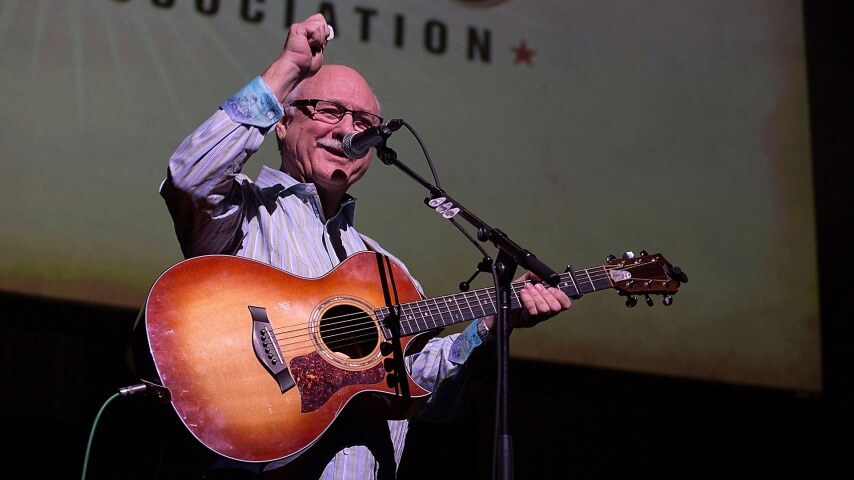R.I.P. Sonny Curtis, singer-songwriter of the Mary Tyler Moore Show theme
Curtis, a high school friend of Buddy Holly, also wrote "I Fought The Law," and spent decades playing with The Crickets.

Sonny Curtis has died. A veteran musician who got his start playing guitar with his high school friend Buddy Holly, Curtis was best known as a songwriter, with tunes like “Walk Right Back” and “I Fought The Law” becoming major hits for other artists. But it was with his own voice that Curtis achieved a more TV-focused version of fame: Approached about the possibility of writing a theme song for Mary Tyler Moore’s new comedy series in 1970, Curtis reportedly spent all of two hours penning “Love Is All Around” before playing it for producer James L. Brooks—achieving in a day the sort of generation-affecting impact many artists spend decades striving for. Per Variety, Curtis died on September 19 after a sudden illness. He was 88.
Born in Texas, Curtis was still just a teenager when he met and began playing with Holly, performing on some of the rising star’s early Decca sessions. He formally joined Holly’s latest band, The Crickets, in late 1958—just a few months before Holly died in a plane crash in February 1959. Although briefly separated by military service, Curtis would continue to associate with The Crickets for the rest of his life, being inducted into the Rock And Roll Hall Of Fame with them in 2012, and frequently appearing and touring with fellow members Jerry Allison and Joe B. Mauldin. Allison also helped Curtis secure his first major success as a songwriter: He was touring with the Everly Brothers in the late ’50s when Curtis (still serving at the time) brought him “Walk Right Back”; the song became a hit single for the duo in 1961.
